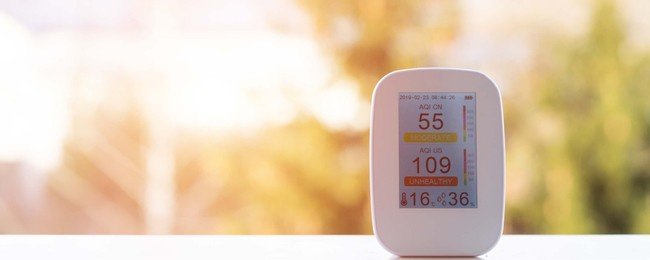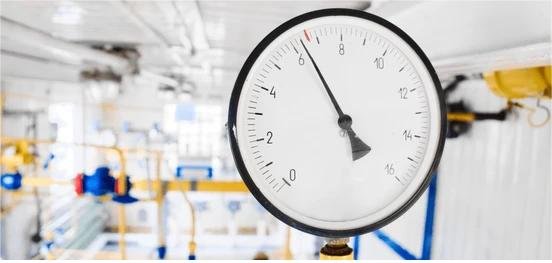In today's technologically driven world, sensors play a pivotal role in shaping our daily experiences and industrial processes. These small yet powerful devices are the unsung heroes behind the scenes, enabling everything from the touchscreen on your smartphone to the precision of medical instruments. Let's embark on a journey through the diverse landscape of sensors and explore their varied applications.
1. Temperature Sensors
Temperature sensors, also known as thermometers, are ubiquitous in our daily lives. These devices measure the intensity of heat and help regulate temperature in various settings. From weather forecasting, where they contribute to predicting storms, to industrial processes, where they ensure machines operate within optimal temperature ranges, temperature sensors are indispensable.

2. Pressure Sensors
Pressure sensors detect changes in force or pressure, making them essential in applications ranging from automotive systems to medical devices. In the automotive industry, pressure sensors monitor tire pressure, enhancing safety and fuel efficiency. In medical devices, they contribute to the precision of equipment like ventilators and blood pressure monitors.

3. Proximity Sensors
Proximity sensors are the unsung heroes behind the seamless operation of many gadgets. Whether it's the automatic activation of smartphone screens when you bring the device close to your face or the touchless faucets in public restrooms, proximity sensors detect the presence or absence of an object without physical contact.
4. Motion Sensors
Motion sensors, often found in gaming consoles and security systems, capture movement. In gaming, they enable interactive experiences, translating physical gestures into virtual actions. In security systems, motion sensors trigger alarms or cameras, enhancing the surveillance of homes and businesses.
5. Light Sensors
Light sensors, or photodetectors, adjust device settings based on ambient light levels. Cameras use them to optimize image quality, automatic lighting systems adjust brightness in response to natural light, and solar panels optimize energy conversion based on sunlight intensity.
6. Gas Sensors
Gas sensors, like oxygen sensors are vital for monitoring air quality and detecting potentially harmful gases. In environmental monitoring, these sensors contribute to assessing pollution levels. Industries use gas sensors to ensure workplace safety by detecting leaks or changes in gas concentration. In smart homes, gas sensors enhance security by detecting smoke or gas leaks.

7. Biometric Sensors
Biometric sensors are revolutionizing security and identification systems. Fingerprint scanners, facial recognition technology, and voice recognition systems all rely on biometric sensors to authenticate and identify individuals based on unique biological traits. These sensors are increasingly common in smartphones, access control systems, and government identification programs.
8. Sound Sensors
Sound sensors, or microphones, capture audio signals and are integral to various applications. From voice recognition in smart devices to musical instruments, sound sensors contribute to the seamless integration of technology into our lives. Surveillance systems also benefit from sound sensors by detecting unusual noises or patterns.
9. Humidity Sensors
Humidity sensors, or hygrometers, measure moisture levels in the air. In HVAC systems, these sensors help maintain optimal humidity levels for comfort and health. In agriculture, humidity sensors contribute to precision farming by providing data for irrigation management. Weather stations also rely on humidity sensors to enhance the accuracy of weather predictions.
As the Internet of Things (IoT) continues to grow, sensors will play a key role in connecting and optimizing various devices. Artificial intelligence integration will further enhance sensor capabilities, enabling more sophisticated data analysis and decision-making.
In conclusion, the world of sensors is vast and dynamic, impacting nearly every aspect of our lives. From the devices we use daily to the industries that drive our economies, sensors are the silent force propelling us into a future where technology seamlessly integrates with our needs. As we continue to innovate, the role of sensors will only become more prominent, shaping the way we interact with and perceive the world around us. If you are interested in capacitors or any other related products, feel free to contact us!

